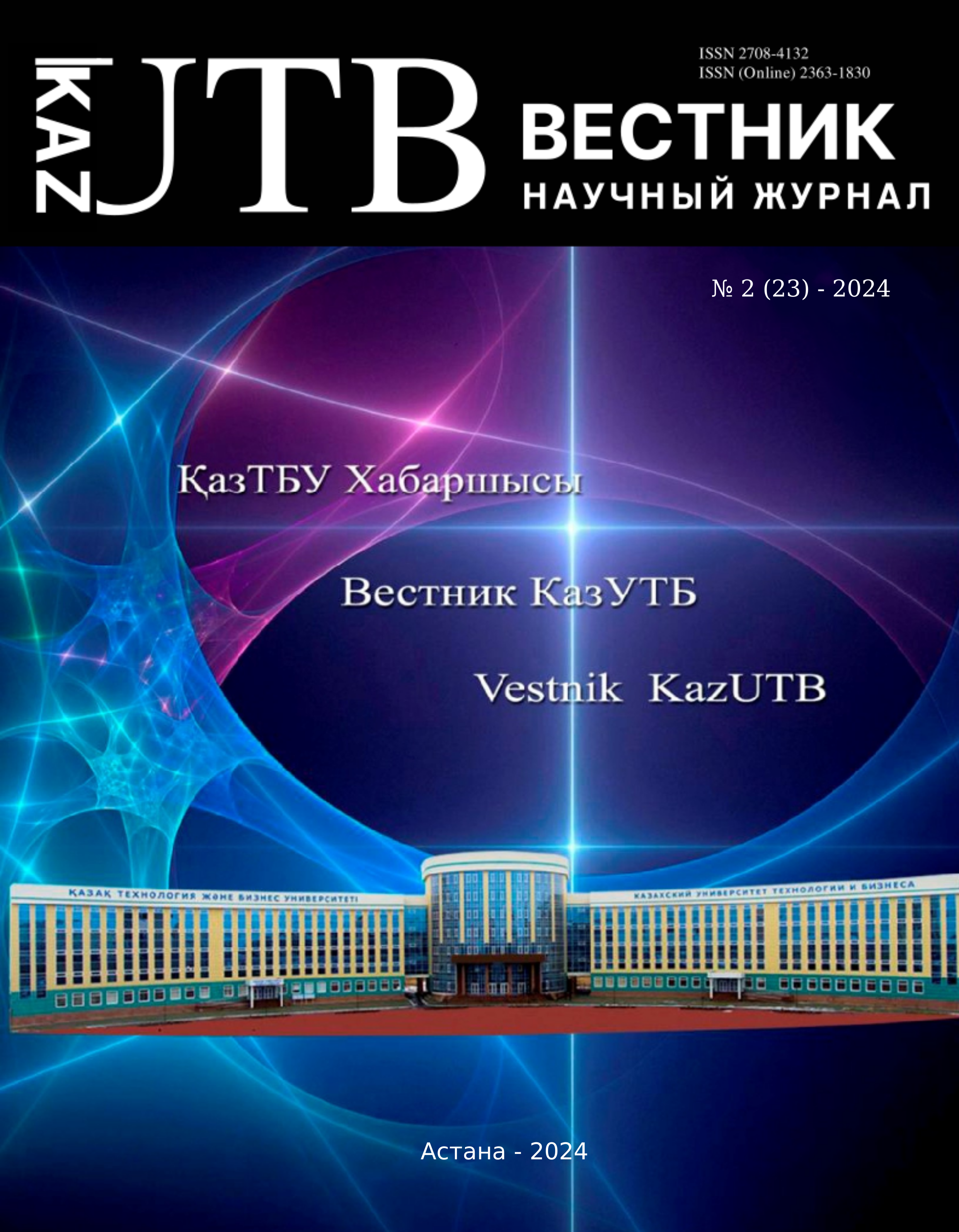Меню


Economy, business and services
No. 2 (23) - 2024 / 2024-06-30 / Number of views: 138
MULTIFACTORIAL REGRESSION ANALYSIS OF A COMPLEX INFORMATION SYSTEM FOR BUSINESS PROCESS MANAGEMENT AND REGIONAL DEVELOPMENTRESSION ANALYSIS OF REGIONAL DEVELOPMENT
Authors
Keywords
information systems, quantitative analysis, external factors, regression analysis, infrastructure investments, technological innovations, regional development
Link to DOI:
How to quote
Isaev А. ., and Bidakhmet Ж. “MULTIFACTORIAL REGRESSION ANALYSIS OF A COMPLEX INFORMATION SYSTEM FOR BUSINESS PROCESS MANAGEMENT AND REGIONAL DEVELOPMENTRESSION ANALYSIS OF REGIONAL DEVELOPMENT”. Vestnik KazUTB, vol. 2, no. 23, June 2024, doi:10.58805/kazutb.v.2.23-405.
Abstract
Today, in the world, we are surrounded by whole computer innovations, various software tools. Information technologies are used in all fields of activity. Similarly, there are more and more different resorts, resorts and entertainment venues in our daily lives. It is more difficult to surprise tourists every time, on the contrary, many, as surveys and studies show, prefer to travel, enjoying the beauty of mother nature, to corners of the Earth where "civilized feet" of man do not reach, away from cities, to nature, where there are no noisy cars, where there are not so many people. And there are a lot of such places in the vast Kazakhstan.
For the development of tourism in Kazakhstan, it is necessary first of all to develop the information field. Tourism information systems (IS) in Kazakhstan are experiencing a number of problems, such as: uniformity, conservatism, etc.
This paper offers a description of a number of problems related to information tourism, as well as one solution model. The main objective is to quantify how tourism affects economic growth, employment and social infrastructure development using multidimensional regression methods. The data was collected from various regional sources, including the Statistical Agency of Kazakhstan, reports from the Department of Tourism and surveys of local businesses and tourists between 2019 and 2022. The analysis used a variety of regression models to determine the relationship between tourism-related activities and socio-economic outcomes. The study identifies key factors that enhance the impact of tourism, including infrastructure improvements, investments in quality services, and strategic marketing focused on sustainable practices. This study contributes to a deeper understanding of the transformative power of tourism in lesser-known regions by offering a model of similar research in other contexts.



